Aiming at providing new ideas for the reform of practical journalism courses, a seminar with the theme of “Teaching Reform of Practical Journalism Courses under the Background of New Liberal Arts” was held at Renmin University of China (RUC) on Nov 6th.
This seminar was co-organized by the Research Center of Journalism and Social Development of RUC, the School of Journalism and Communication (SJC) of RUC, the Institute of National Governance and Public Opinion, and the Committee of Journalism and Communication of the Chinese Association of Higher Education. The “Marxism+” interdisciplinary major innovation planning platform provided project support.
The guests were from “People’s Daily”, “China Youth Daily”, “Beijing News”, School of Journalism of Fudan University, School of Journalism and Communication of Chongqing University, etc., together with the backbone teachers of the RUC’s journalism practical courses. The host of the seminar was Xu Xiangdong, director of the Department of Journalism of SJC of RUC.

Cai Wen, director of the Research Center of Journalism and Social Development of RUC, said it is necessary to absorb the brilliant experience of other colleges to make the practical journalism courses more effective in this new era.
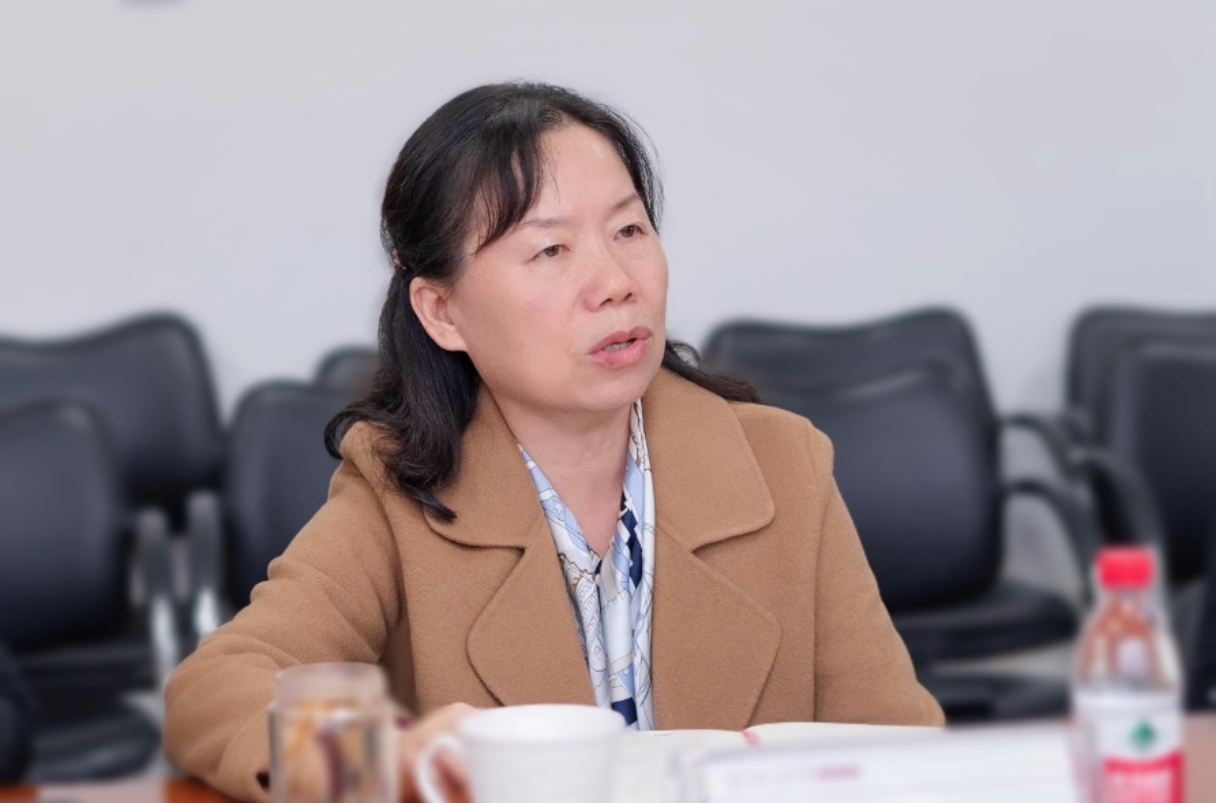
Zhou Yong, Executive Dean of SJC of RUC, said practical journalism education is facing many changes and the reform should combine research and society.

Tang Zheng, deputy director of the Department of Journalism, SJC of RUC, analyzed the data of 36 journalism schools across the country and concluded that the market needs more application-oriented and interdisciplinary talents, which puts forward new demands for practical journalism courses.

Liu Xiaopeng, deputy director and senior editor of the New Media Center of People’s Daily, said journalism education is facing three challenges, the generalization of communication channels, the increase in the threshold for users to receive content, and the collaboration between humans and machines.
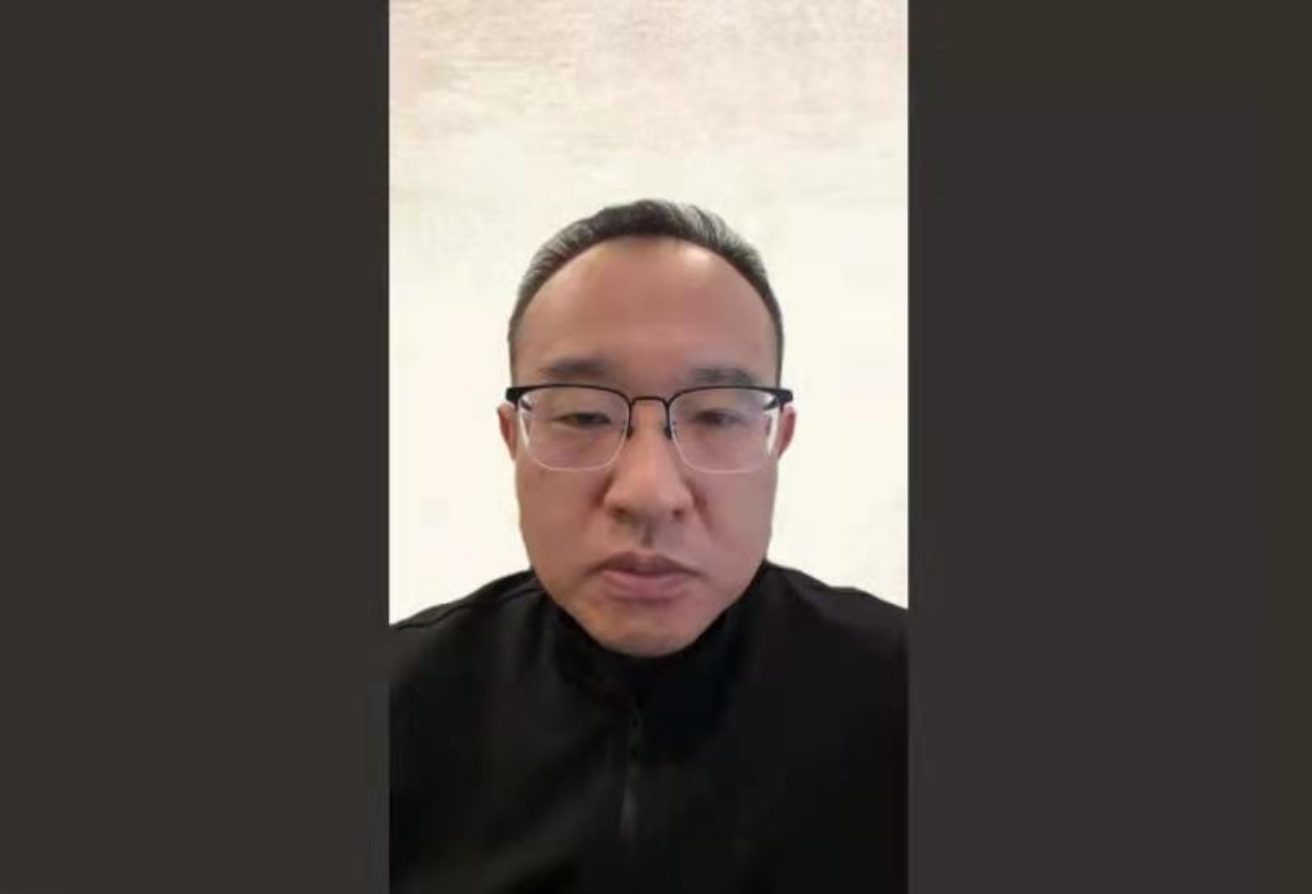
Li Qin, Professor from SJC of RUC, said fusion journalism needs to redefine and reconstruct under the background of the new liberal arts.

Li Hai, editor-in-chief of the Beijing News, said the news front-line needs talents who could adapt to its products, temperament, and strategies. Furthermore, the market should rethink the institutional design and give them space to grow.
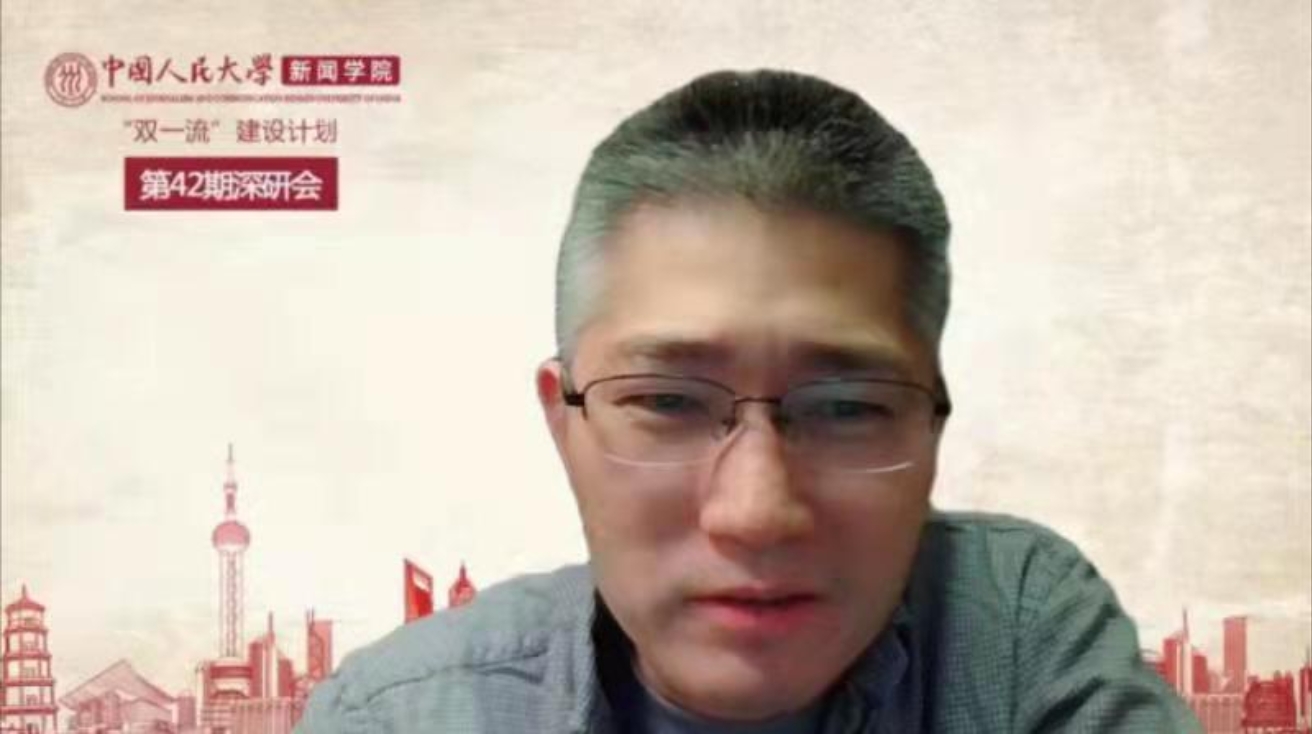
Weng Changshou, associate professor of SJC of RUC, said practical education should orient to the human-machine content ecology to maintain insight in the changing society.

Qin Zhenzi, the editor of China Youth Daily’s Bingdian Weekly, pointed out the importance of general education and common sense in journalism and said that the industry needs talents who are passionate about news as well as have extensive knowledge and writing skills.
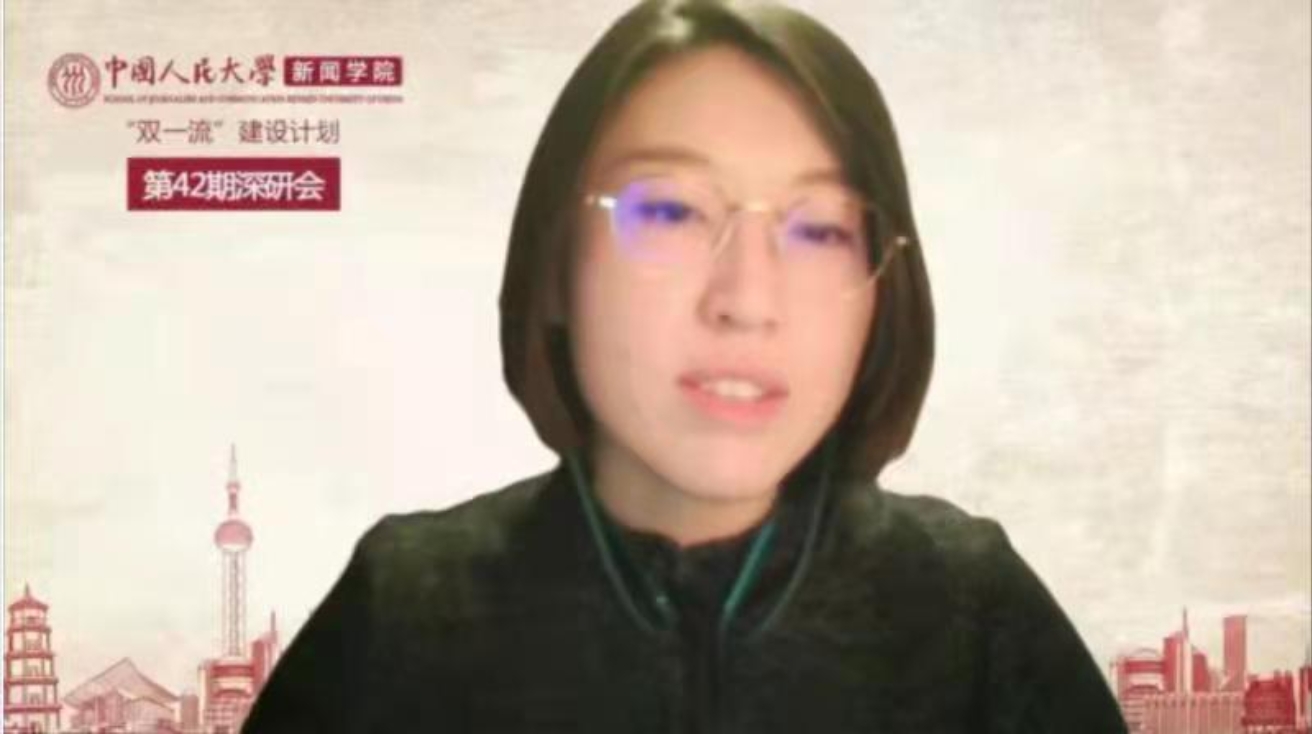
Pan Wenjing, associate professor of SJC of RUC, pointed out the lacking of a clear understanding of fact-checking teaching and said the reform of practical journalism courses should cultivate students’ ability to analyze and criticize.

Fang Jie, associate professor of SJC of RUC, said a teacher teaching practical courses should not only learn various knowledge about new media and news writing but also learn to communicate with young people with curiosity and sensitivity.
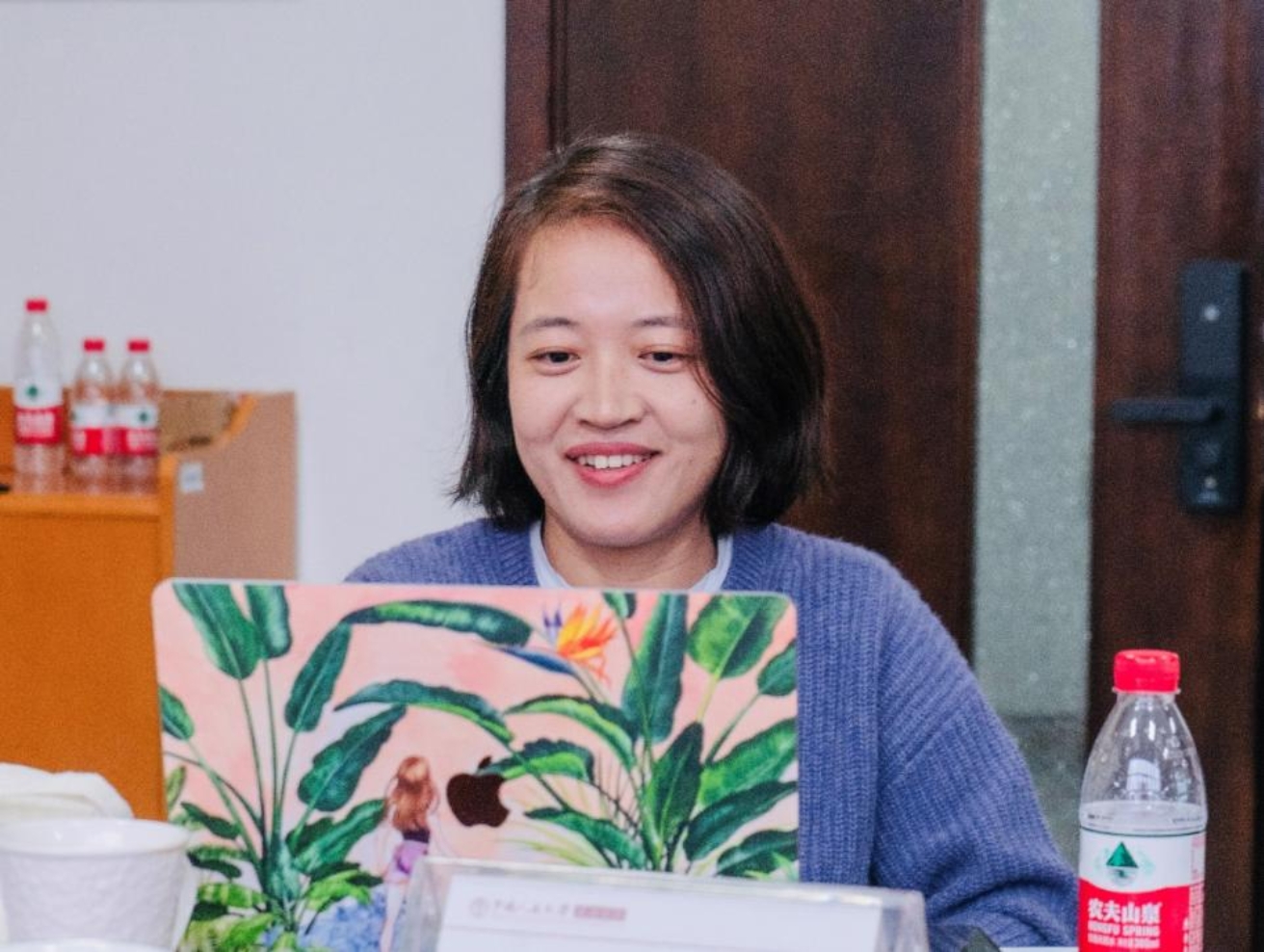
Xu Ying, associate professor of SJC of RUC, said we could learn from the concept of practical courses in Europe and introduce industry forces to build this major.
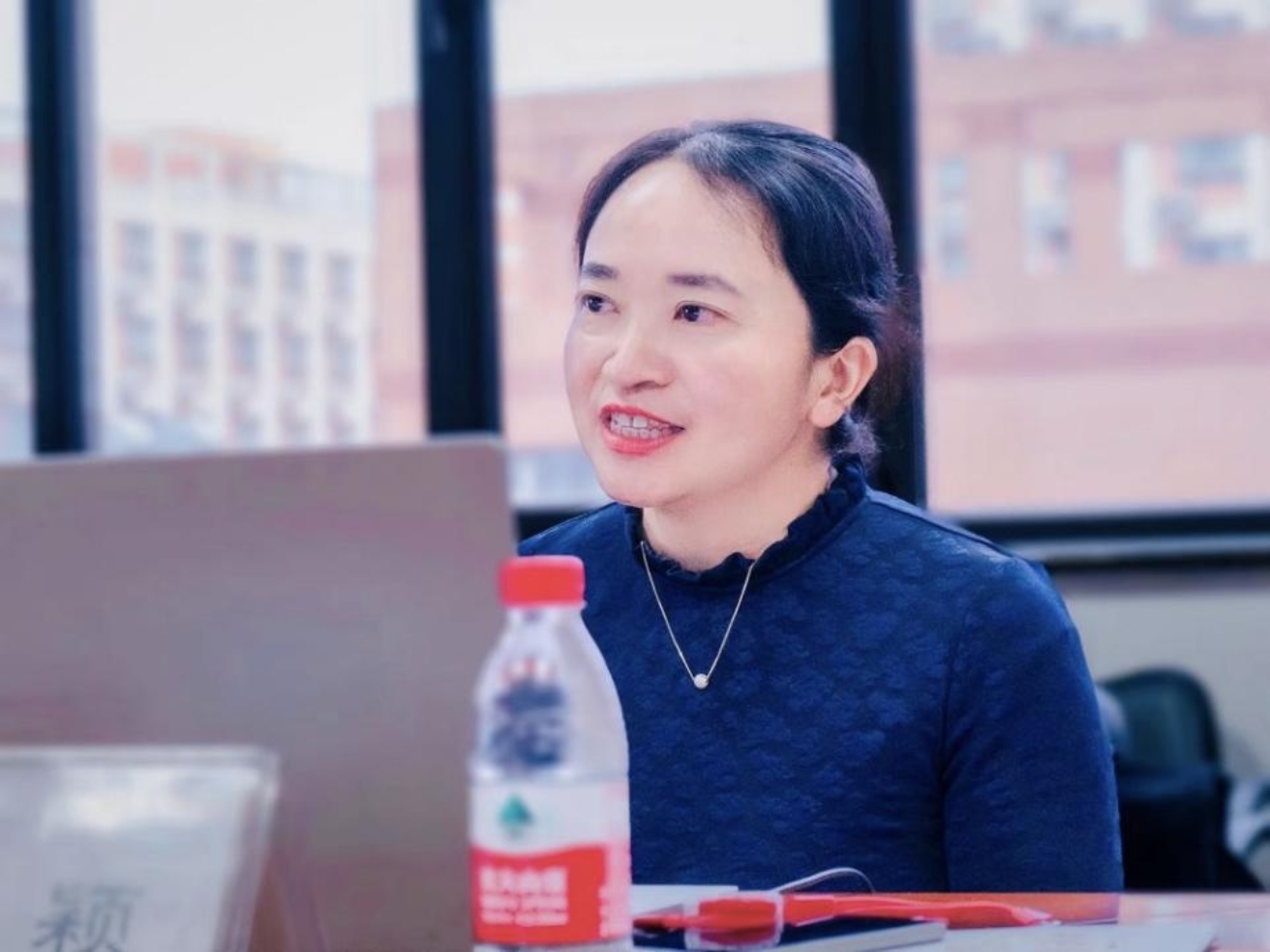
Xu Di, associate professor of the School of Journalism, Fudan University, said it is beneficial to use the interdisciplinary cultivation of arts and sciences to promote the construction of new liberal arts courses. “For example, the data journalism courses in Fudan University has made a new way to observe society and solve social problems”, she said.
Liu Haiming, professor of the School of Journalism and Communication, Chongqing University, said “curriculum-based media” could combine professional knowledge with industry dynamics and allow students to make their own “media products”.
Cao Lin, the editorial board member and senior editor of China Youth Daily, said this seminar reflected the structural anxieties of the journalism discipline. In this regard, he proposed that the school of journalism should equip students with adaptable general skills, namely media literacy, critical thinking, and writing skills.
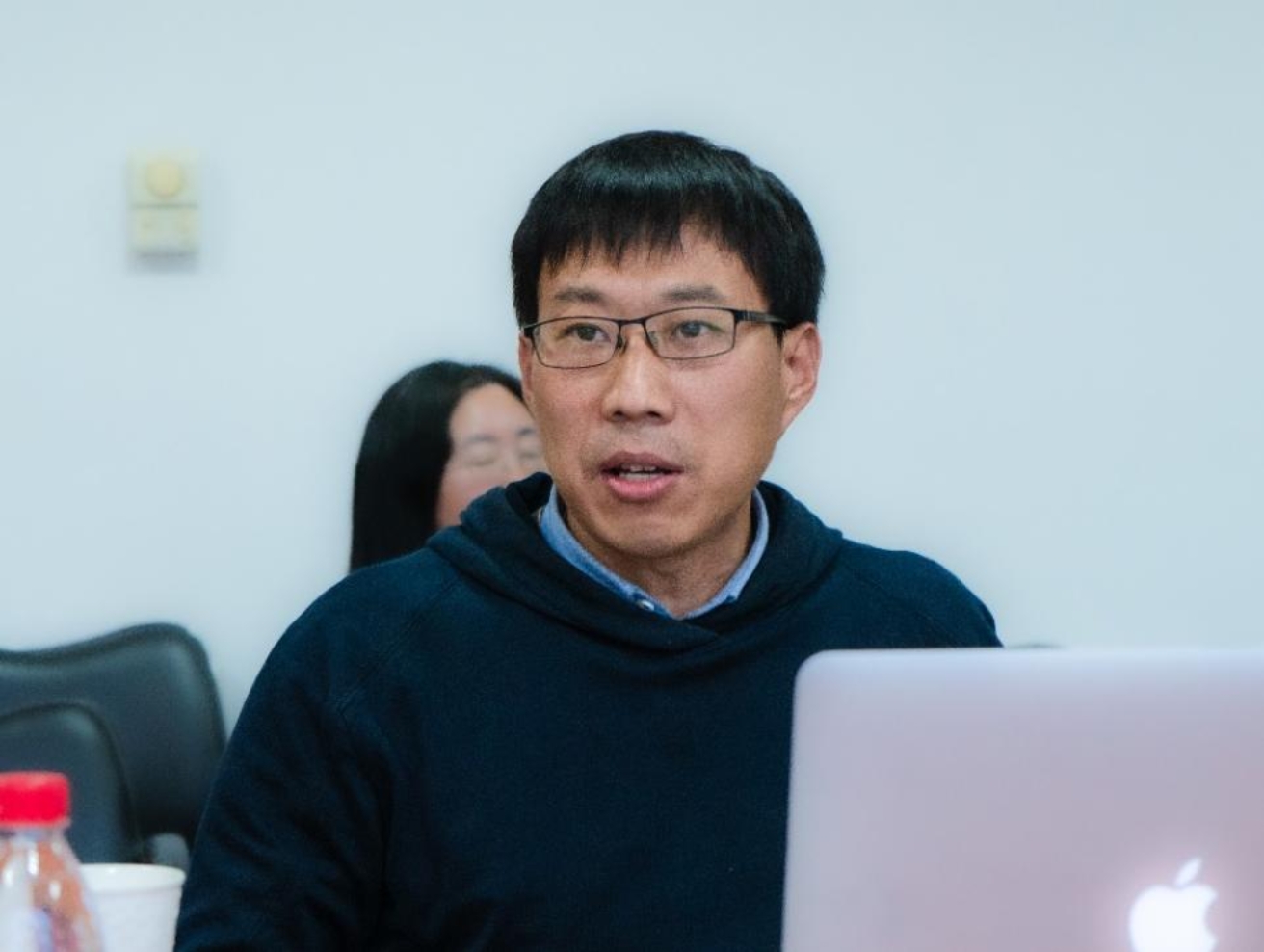
Liu Guoliang, director of the editor-in-chief of the Beijing News, said print media faces the problem of brain drain and multiple measures should be made by the industry and academia to make talents “affordable and retainable”.

Yang Qiguang, lecturer of SJC of RUC, combined with the news commentary course and he believed that rethinking from the perspectives of the essence, cognition, and dialogue will help to further explore the public value of news commentary.

Luo Xuelei, Dean of Academic Affairs of SJC of RUC, pointed out the problems in experimental teaching. In this regard, it is necessary to establish a new operating mechanism, adjust teaching objectives, and seek external collaboration through project and unit.
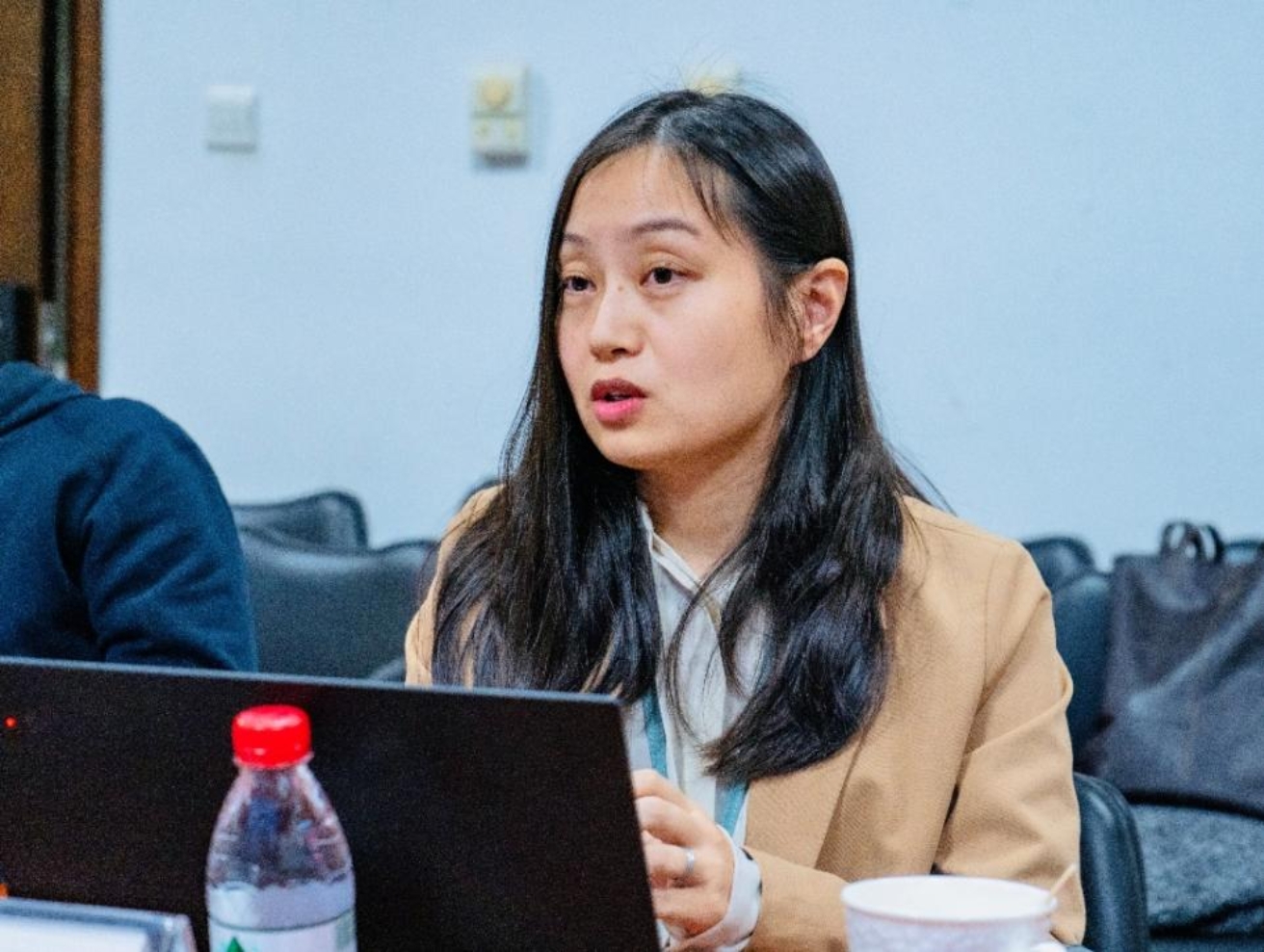
Aiming at key issues in the development of journalism and communication academia, Seminar for Innovation in Academic Discourse of Journalism and Communication is one of the research projects of SJC to construct “Double-First Class”. By carrying forward the spirit of driving nails in scientific research, and collecting the wisdom of authoritative experts in related fields, this project expects to push innovation in education and research of certain fields through the discussion of every specific question. Since 2018, the SJC of RUC and the Research Center of Journalism and Social Development of RUC have jointly launched a series of small yet in-depth seminars. Every seminar focuses on one theme and invites experts and scholars to conduct in-depth discussions. (End)
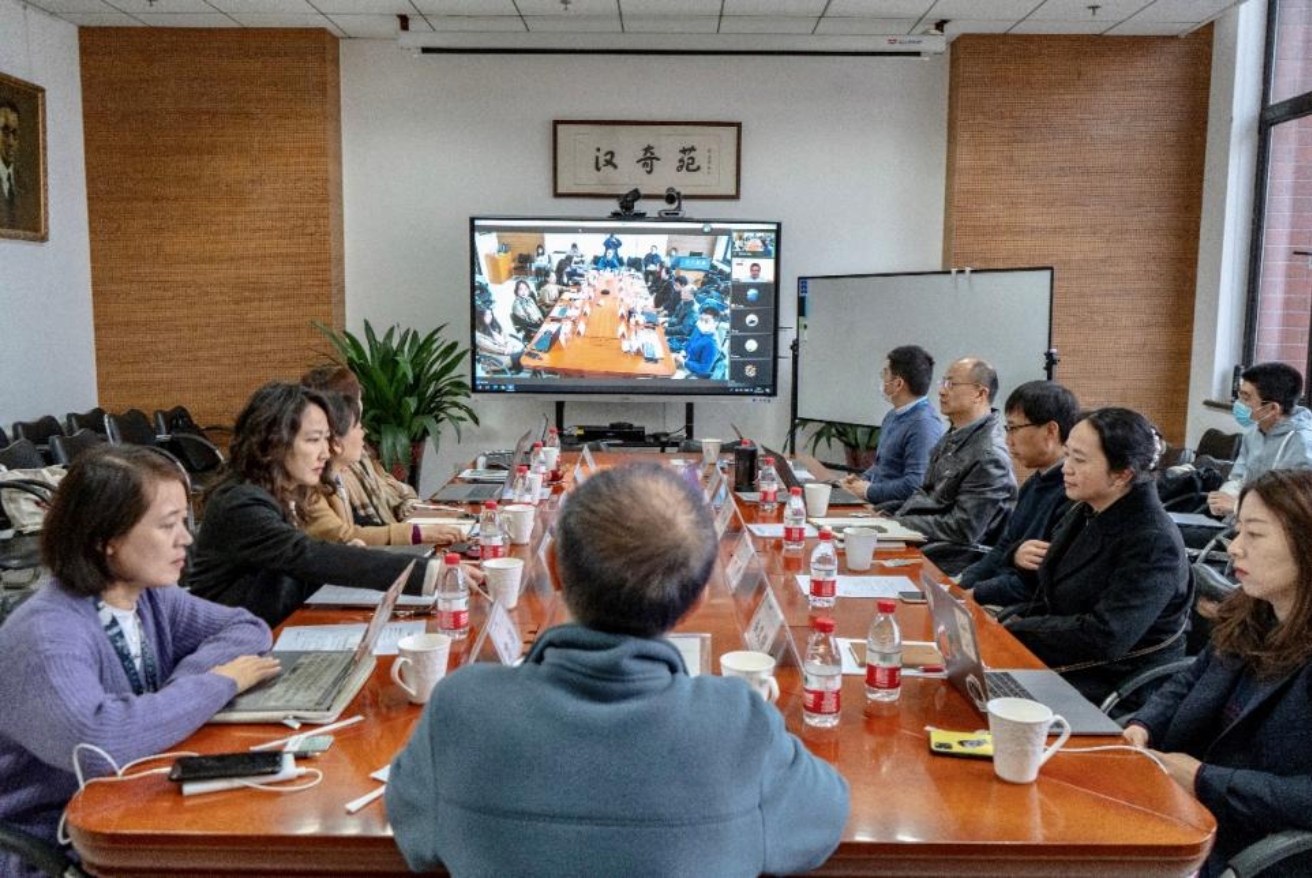
Author:Su Juan, Tang Li
Photo by: Zhang Tenghua
Translator: Jiang Wenyue
Editor: Wang Xi,Wang Daosheng



